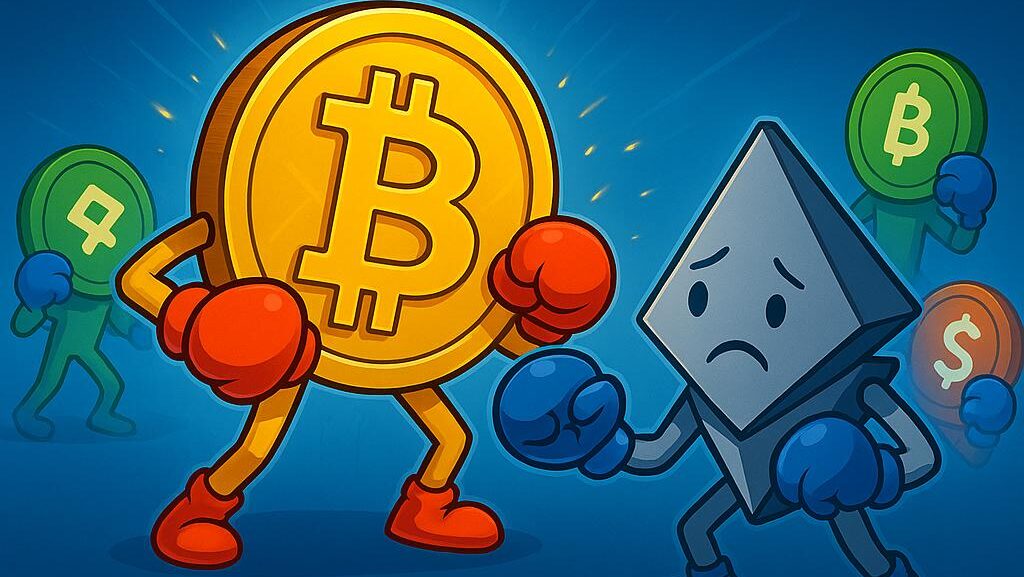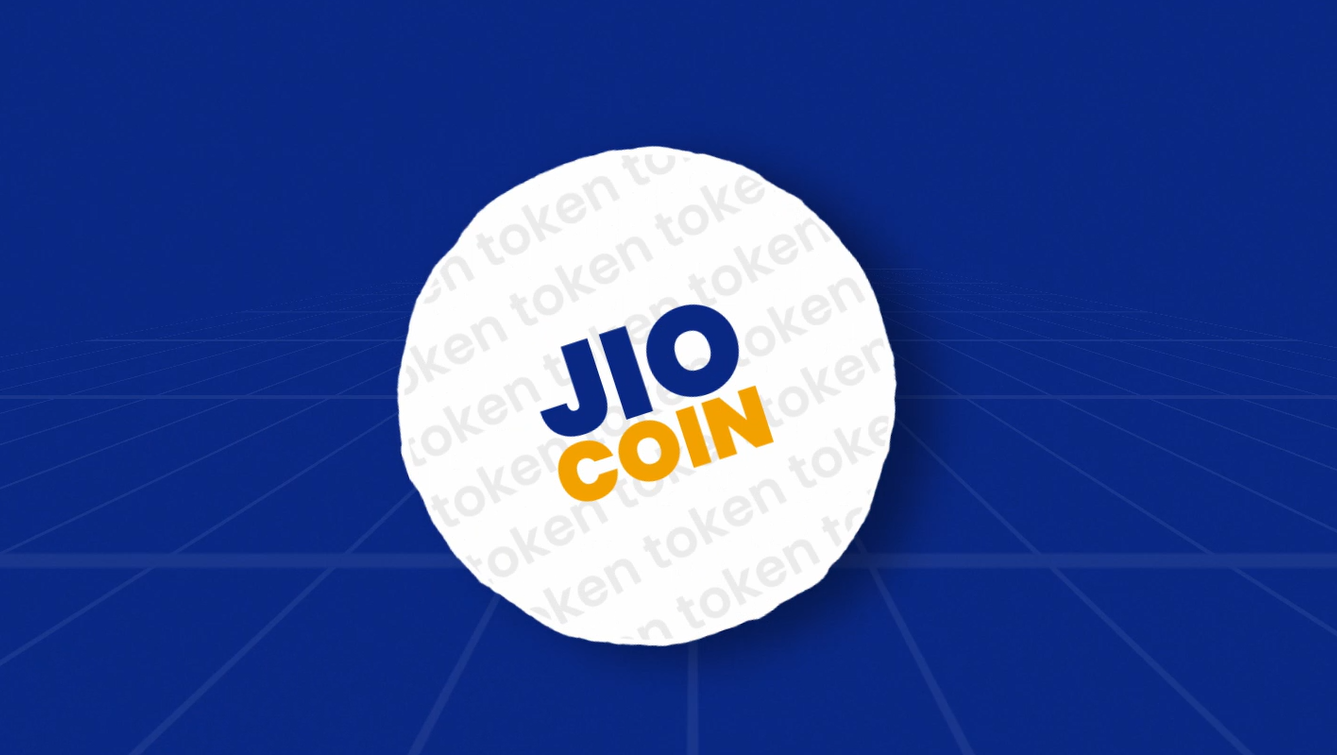JioCoin is a digital token issued by Jio Platforms Limited, a subsidiary of Reliance Industries Limited (RIL), led by Mukesh Ambani. Jio Platforms has introduced JioCoin as a blockchain-based token on the Polygon blockchain network, a Layer-2 scaling solution for Ethereum.
JioCoin’s Nature
The term “coin” in JioCoin does not imply it is a cryptocurrency like Bitcoin, Ethereum, Solana, or XRP, which are native to their own blockchains. Instead, JioCoin is a fungible token, likely adhering to the ERC-20 standard on Polygon, designed for use within Jio’s digital ecosystem. It serves as a reward mechanism to incentivize user engagement with Jio’s services, such as mobile apps and online platforms.
From a digital asset perspective, JioCoin is legitimate and operates within India’s regulatory framework as a non-financial token. It is not a scam and is issued by a reputable company, Jio Platforms Limited.
JioCoin is currently a non-tradeable token, meaning it cannot be bought or sold on exchanges. It is exclusively a reward token earned through interaction with Jio’s digital platforms.
Do Tokens Transition into Cryptocurrencies?
Globally, some tokens have transitioned into tradeable cryptocurrencies, though this is not a guaranteed or common path. Examples include Binance Coin (BNB), which began as a utility token for Binance’s ecosystem and later powered the BNB Chain, and VeChain (VET), which migrated from an ERC-20 token on Ethereum to its own blockchain. These transitions involved technical upgrades, regulatory compliance, and exchange listings.
However, many tokens, especially loyalty or reward tokens like JioCoin, are designed to remain within closed ecosystems. Whether JioCoin could become tradeable depends on technical, regulatory, and strategic factors specific to Jio Platforms and India’s blockchain landscape.
Also Read – Does Cryptocurrency Have a Future in India?
What Would It Take for JioCoin to Become Tradeable?
For JioCoin to become a tradeable asset in financial markets, several requirements must be met:
Technical Requirements
- Robust blockchain infrastructure with reliable transaction validation, leveraging Polygon’s scalable network.
- Secure smart contracts, audited for vulnerabilities, to ensure trust.
- Wallet support for secure storage and transfer of JioCoin.
- API integration to enable compatibility with trading platforms.
- Mechanisms to ensure liquidity, such as market-making agreements.
Regulatory Compliance
- Clear legal classification as a utility token, commodity, or other asset type under Indian law.
- Approval from regulatory bodies like the Reserve Bank of India (RBI) and the Securities and Exchange Board of India (SEBI), which are exploring oversight for tokenized assets under the Prevention of Money Laundering Act (PMLA).
- Compliance with anti-money laundering (AML) and Know Your Customer (KYC) protocols.
- Proper licensing and documentation to meet India’s evolving crypto regulations, including a 1% TDS on transactions and 30% tax on gains.
Exchange Listing Requirements
- Formal applications to centralized or decentralized cryptocurrency exchanges.
- Payment of listing fees, which vary by exchange.
- Liquidity commitments to ensure smooth trading.
- Technical integration with exchange systems for seamless transactions.
- Demonstrated user demand and community support to justify listing.

Market Fundamentals
- Established trading pairs with major cryptocurrencies (e.g., BTC, ETH) or stablecoins (e.g., USDT).
- Agreements with market makers to maintain liquidity and minimize volatility.
- Price discovery mechanisms to establish JioCoin’s market value.
- Sufficient transaction volume to sustain active trading.
Currently, JioCoin functions solely as a reward token within Jio’s ecosystem, with no official announcements from Jio Platforms indicating plans to make it tradeable. Its design prioritizes user engagement over financial trading.
Also Read – Are You Looking for a JioCoin Trading Platform?
Speculations vs. Reality
No credible reports or official statements suggest JioCoin will be listed on exchanges in the near future. As of May 2025, JioCoin remains a non-tradeable loyalty token, as confirmed by Jio Platforms’ communications. Claims about potential trading or pricing are speculative and lack official backing.
Challenges for New Tradeable Assets
If JioCoin were to pursue tradeable status, it would face significant challenges:
- Regulatory Uncertainty: India’s crypto regulations are evolving, with SEBI proposing oversight for tokenized assets and RBI maintaining a cautious stance. Compliance with PMLA, AML, and KYC requirements is mandatory.
- Liquidity Risks: New tokens often face low liquidity, leading to price volatility and potential trading inefficiencies.
- Market Manipulation: Small-cap tokens are vulnerable to pump-and-dump schemes or other manipulative practices.
- Technical Scalability: While Polygon is highly scalable, JioCoin’s infrastructure would need optimization to handle high-volume trading on exchanges.
JioCoin’s Current Purpose
JioCoin is integrated into Jio’s digital ecosystem, offering rewards for user engagement with Jio’s services, such as mobile apps or online platforms. With Jio’s user base of approximately 470 million, JioCoin has the potential to introduce blockchain technology to millions of Indians, even as a non-tradeable token. It leverages Polygon’s low-cost, high-speed infrastructure to facilitate seamless reward distribution.
Also Read – Bitcoin Has a Limit, the Dollar Doesn’t — Why This Difference Matters for the Future of Money?
Conclusion
As of May 2025, JioCoin remains a non-tradeable reward token on the Polygon blockchain, with no official plans to enable trading in India. Its role is to enhance user engagement within Jio’s digital ecosystem, capitalizing on Jio’s vast user base to mainstream blockchain technology. The technical feasibility of trading exists due to Polygon’s robust infrastructure, but regulatory hurdles and Jio Platforms’ strategic priorities will determine JioCoin’s future.
For corporate tokens like JioCoin, tradability involves complex considerations, including alignment with business objectives and compliance with India’s regulatory framework.
Users interested in JioCoin should stay updated with official communications from Jio Platforms (jio.com) and regulatory authorities like RBI and SEBI for any developments regarding its trading status. For now, JioCoin continues to serve as a loyalty token within Jio’s digital platforms.
Disclaimer:
This article is for informational and educational purposes only. It does not constitute financial advice. The author is not a registered financial advisor. While the content is written in good faith and with the utmost care, complete accuracy is not guaranteed. However, updates and corrections will be made as needed to ensure current and correct information.

